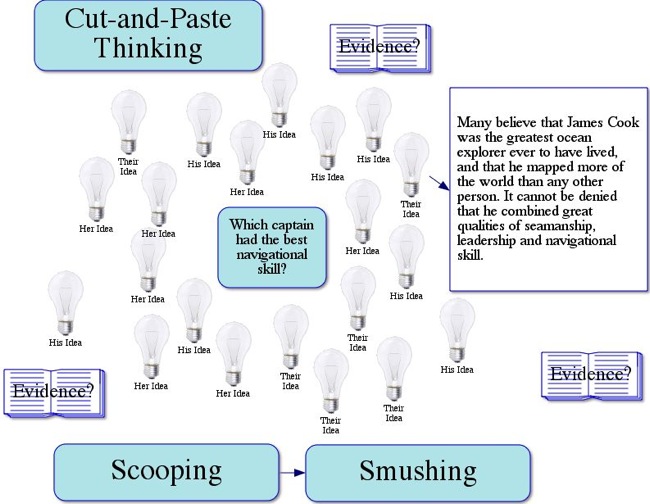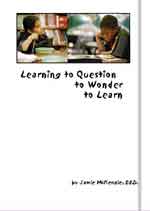
fno.org
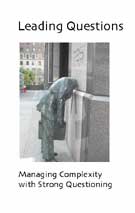
|
|
| Vol 18|No 1|September 2008 | |
| Please feel free to e-mail this article to a friend, a principal, a parent, a colleague, a teacher librarian, a college professor, a poet, a magician, a vendor, an artist, a juggler, a student, a news reporter or to anyone else you think might enjoy it. | |||||
Beyond Cut-and-Paste:
By Jamie McKenzie, ©2008, all rights reserved. |
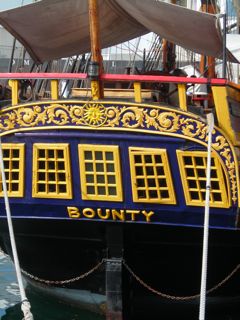 Schools and districts committed to 21st Century Skills as well as the standards of AASL and ISTE must confront this cut-and-paste culture head-on, eliminating those classroom practices that encourage and promote such lazy thinking and research, replacing them with activities that are more challenging and more worthwhile. |
||||
|
Eliminate Topical Research Rituals The first step in fighting against simple cut-and-paste thinking is to gather all teachers together to discuss and adopt a school-wide policy outlawing the assignment of topical research projects.
Replacing Topical Research with Questions of Import Questions of import usually require that students wrestle with difficult challenges and build their own answers rather than relying upon the thinking of others. Example: Which of the following captains was the best at navigation?
The above question requires the collection and weighing of evidence to substantiate a well-considered judgment. Such comparison challenges the student at the top of Bloom's Taxonomy - the skill of evaluation. It mirrors the type of demanding reading comprehension questions found on the NAEP Test (National Assessment of Educational Progress.)
For students to build an answer to this question about the relative navigational skill of the captains, they must go past the simple judgments and opinions to be found in Wikipedia, so-called professional encyclopedias and even some national library sites. Reliance upon secondary sources means the student need not wrestle with evidence and judgment. According to material written about Captain James Cook on the Canadian National Library site . . .
If the student copies and pastes this section, it is unsubstantiated opinion, strongly worded but weakly supported. To build their own answers, students must collect specific examples of the navigational challenges each captain faced and ultimately passed or failed, checking historical records such as ship's logs and records from the Admiralty. For example, when Bligh was abandoned in a small boat by the mutineers and managed to sail more than a thousand miles across the open Pacific, what does that prove? For each captain, the student must consider the following questions (among others), gather the facts and then compare and contrast the records of each:
This type of research is much more demanding than copy-and-paste research, but ultimately more rewarding and more empowering because it equips students to wrestle with the real issues of their own lives.
21st Century Skills Schools and districts that have adopted the 21st Century Skills model for schooling will find this kind of research on target, especially for the sections on Information Literacy, Media Literacy and ICT (Information, Communications & Technology) Literacy:
Standards from AASL and ISTE New standards from the American School Librarians and ISTE both call for students to do more than gather information when they research. They set the expectation that students develop good new ideas, not just scoop and smush, copy and paste. Learners use skills, resources and tools to:
AASL Standards for the 21st-Century Learner Additional Resources FNO has been urging a shift to questions of import and an end to topical research for years. The articles listed below were written to help schools and teachers make the transition to more demanding types of questions and research.
|
|||||
|
Copyright Policy: Materials published in From Now On may be duplicated in hard copy format if unchanged in format and content for educational, nonprofit school district and university use only and may also be sent from person to person by e-mail. This copyright statement must be included. All other uses, transmissions and duplications are prohibited unless permission is granted expressly. Showing these pages remotely through frames is not permitted. |
|||||

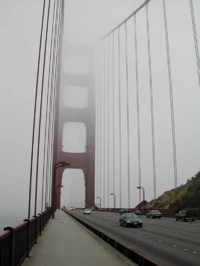 Golden Gate Bridge in fog
Golden Gate Bridge in fog